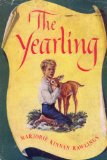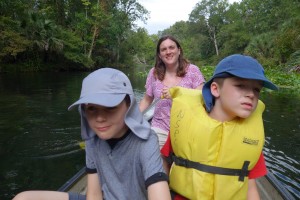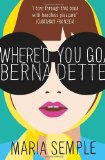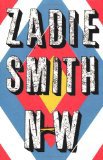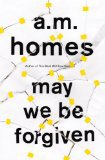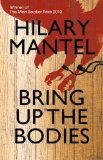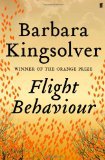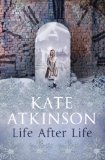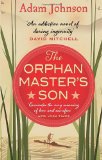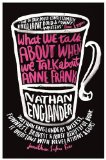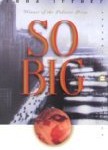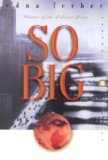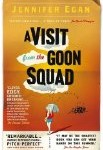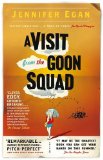Winner of 1932 Pulitzer Prize
Pearl Buck won the Nobel Prize for Literature in 1938
Five words from the blurb: China, farmer, changes, wealth, family
The Good Earth is set in pre-revolutionary China and shows how the fortune of farming families is dependent on the weather, good planning, and the whims of those in power. I’ve been wanting to read this book for a long time, but I presumed it would be difficult and so put it off for many years. When I finally started I was surprised to discover how readable it was. The accessibility of the writing is its main strength and I recommend this classic book to everyone.
The Good Earth tells the story of Wang, a farmer from a rural community who becomes rich through hard work and good investment. The vivid descriptions give a full picture the surroundings:
Pulling this rickety, wooden wagon on its two wheels behind him, it seemed to him that everyone looked at him for a fool. He was as awkward between its shafts as an ox yoked for the first time to the plow, and he could scarcely walk; yet must he run if he were to earn his living, for here and there and everywhere through the streets of this city men ran as they pulled other men in these.
This book does not gloss over the darker side of life. Some people may find the descriptions of prostitution and child slavery too disturbing, and I suspect that many will object to the seemingly endless misery that the family is subjected to. This wasn’t a problem for me because I didn’t become emotionally attached to the characters. There was a fable-like quality to the writing which meant everything was kept at a distance. In fact, this was probably the biggest drawback of the book – it contained many fascinating bits of information about life in rural China, but I didn’t care what happened to Wang or any other member of his family.
Pearl Buck was an American citizen who spent much of her life in China. This means the book has a different feel from the Chinese books I’ve read. The mindset of the characters felt Westernised and the reader must bear this in mind when thinking about this book. I’m sure it is a fairly accurate portrayal of what happened to the people, but I think you need to read Chinese texts to really understand how they felt.
This book didn’t have the emotional power to become a personal favourite, but is deserving of its status as a classic. Recommended.



